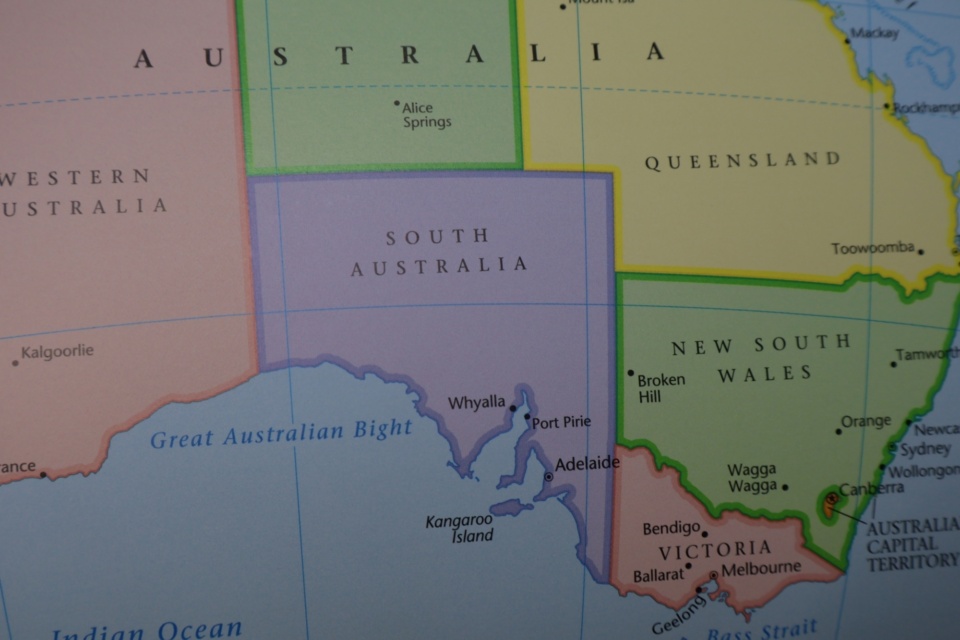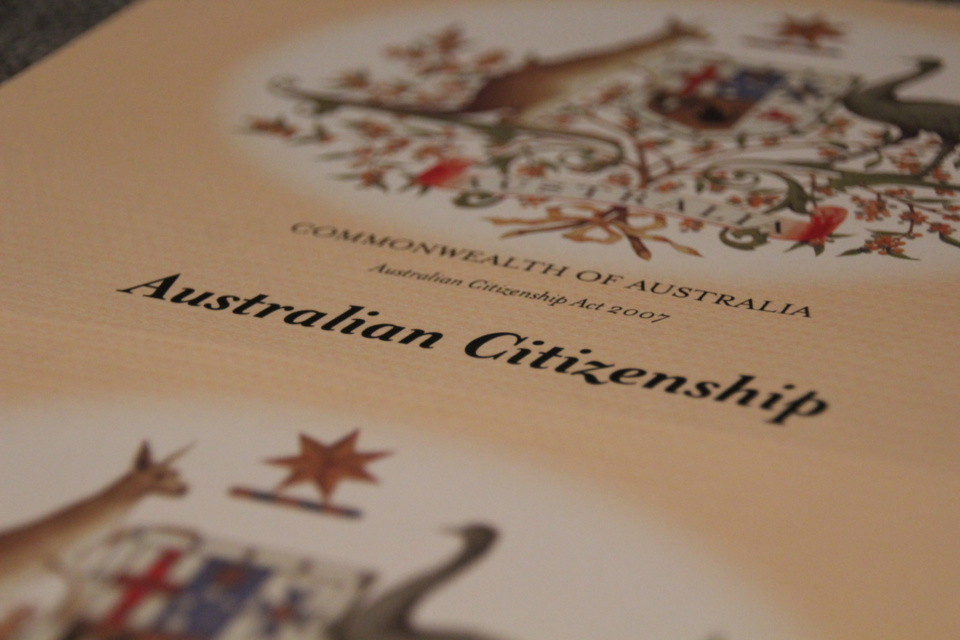
One Nation’s chances as a dominant conservative party are piñata-like
Posted on 11 Feb 2026
Opinions polls insist Pauline Hanson's fortunes are on the rise, but it is likely that enthusiasm…
Posted on 20 May 2024
By Doug Taylor

As Australia celebrates National Volunteer Week, it's vital we create the conditions for volunteering to thrive – our society depends on it, says Doug Taylor, CEO of The Smith Family and chair of the National Volunteering Strategy.
It’s a Monday afternoon at one of our after-school learning clubs in western Sydney.
Twenty primary schoolers race in at three o’clock for snacks followed by homework.

They pull out their pens and paper and focus on spelling, maths, writing and drawing, with the attentive support of volunteers from across Sydney who give up their time because they know that education has the power to change lives.
Retired
teachers, doctors, university students – our volunteers are from all walks of
life. One starts his paid job at dawn on a Monday so he can leave in time to
make the learning club, then return to work afterwards. We couldn’t be more grateful.
But across the country, the volunteering sector is in trouble.
We have another New South Wales school with students lining up to join a new learning club, but we have had to delay opening it, because we don’t yet have the volunteers to staff it.
Volunteers are an essential workforce for our nation. They might not be paid, but they are motivated by passion for the causes they commit to in support of their communities. They contribute to sectors including education, aged care and disability, welfare, sports, the arts, crisis preparedness and environmental sustainability.
In 2019, nearly six million Australians volunteered across these sectors, but numbers were declining. The pandemic made it much worse and volunteer numbers still haven’t recovered.
After covid came the cost-of-living crisis. Compounding financial pressures meant more Australians couldn’t afford to give their time for free.
Across the sector, rising costs, such as petrol for travelling to volunteering jobs, can be obstacles too. And health concerns have made many people, particularly seniors, understandably more cautious.
The upshot: we need to rejuvenate volunteering by establishing new ways of attracting more people to take up this most worthy endeavour.
"Volunteering has been central to sustaining Australia’s charities for decades, and it is needed now more than ever."
The industry body Volunteering Australia has produced an 11-point strategy to help ensure volunteering retains its place at the heart of Australian communities over the coming decade.
The strategy resets the course for volunteering by repositioning it as not just a means to supporting an organisation’s work but as an end in itself. It includes a strong focus on the experience of volunteers, laying out a path for reshaping public perceptions to re-engage the Australian community and inspire a new generation.
In practice, this means putting the volunteer and their needs and aspirations front and centre – and importantly, adapting to how volunteers want, or are able, to give their time. As chair of the National Volunteering Strategy, I know this strategic thinking is crucial.
Innovation is essential. Leaders across businesses, governments and charities must look to create and foster new opportunities that fit in with the often-busy lives of Australians.
Embracing flexibility is key. We need to shape experiences for volunteers based on their capacity and circumstances, creating inclusive conditions that work for them, so they can work for organisations that desperately need their support. This will be good for volunteers, and experimenting will also make workplaces more diverse, contemporary and responsive.
As a nation we have made enormous changes in recent years to attract and retain employees. Now we need to do the same for volunteers.
Today’s volunteers want an experience that adds value to their lives. They want to know their wellbeing is important to the organisation they are donating their time to.
Many not-for-profits have invested in improving the experience their donors have in engaging with them. We should do that for our volunteers too.
Many Australian organisations have benefitted from the support of volunteers who have been loyal to them for decades, but on current trends, many people prefer shorter term commitments. Out-of-the-box thinking can redesign existing volunteering roles to accommodate this.
For example, at The Smith Family we are providing virtual roles, and a blend of opportunities – some need a minimum commitment of availability over six months, others just a couple of hours a week.
Digital volunteering fits with our volunteers’ needs and it can work well for our students and families. iTrack, our mentoring program for high school students, is run completely online, as is our student2student home reading program.
Volunteers are not looking to replicate the experience of paid work, although they might draw on knowledge they have gleaned from their workplaces, or former workplaces, such as offering specialist skills to provide short-term pro bono support.
Volunteering is also about so much more. Whether it’s a Saturday on the barbecue at Bunnings fundraising, or providing meals for people in need, volunteering adds value to our communities – and in every way it makes an absolute difference.
Volunteering has been central to sustaining Australia’s charities for decades, and it is needed now more than ever.
We must create the conditions for it to thrive because our society relies on it. Volunteering changes recipients’ lives, but also the lives of those who give up their time to help.
Just ask the volunteers seeing 20 eager faces poring over books at our Monday after-school learning club.
Doug Taylor is chair of the National Volunteering Strategy and chief executive of children’s education charity The Smith Family.
We're proud to take a stand on progressive issues. Here's a taste of our commentary.

Posted on 11 Feb 2026
Opinions polls insist Pauline Hanson's fortunes are on the rise, but it is likely that enthusiasm…

Posted on 28 Jan 2026
This year’s Adelaide Writers’ Week began with the cancellation of a talk by Palestinian-Australian…

Posted on 17 Dec 2025
Posturing by the US president about Europe's immigration policies, even warnings of future…

Posted on 03 Dec 2025
If you wanted an example of the problems inherent in federal systems, you couldn’t do better than…

Posted on 19 Nov 2025
When it comes to loyalty to car brands, it can be confusing who we should support, and, even more…

Posted on 05 Nov 2025
Before the Prime Minister gets too excited about his recent meeting with the American President, he…

Posted on 14 Oct 2025
The idea of "long term" is not something that sits well in the social media era, yet governments…

Posted on 30 Sep 2025
I am proud of what Our Community, and its exceptional team, have achieved in the past 25 years. As…

Posted on 16 Sep 2025
Happy Australian Citizenship Day! To mark the occasion, Our Community leader Denis Moriarty takes…

Posted on 02 Sep 2025
Words live, evolve, and sometimes die. Some words are invented from scratch, some are old words…

Posted on 26 Aug 2025
The cost of the National Disability Insurance Scheme (NDIS) is climbing relentlessly – $44 billion…

Posted on 04 Aug 2025
The new leader of the Liberal Party, Sussan Ley, wants to increase the proportion of women…